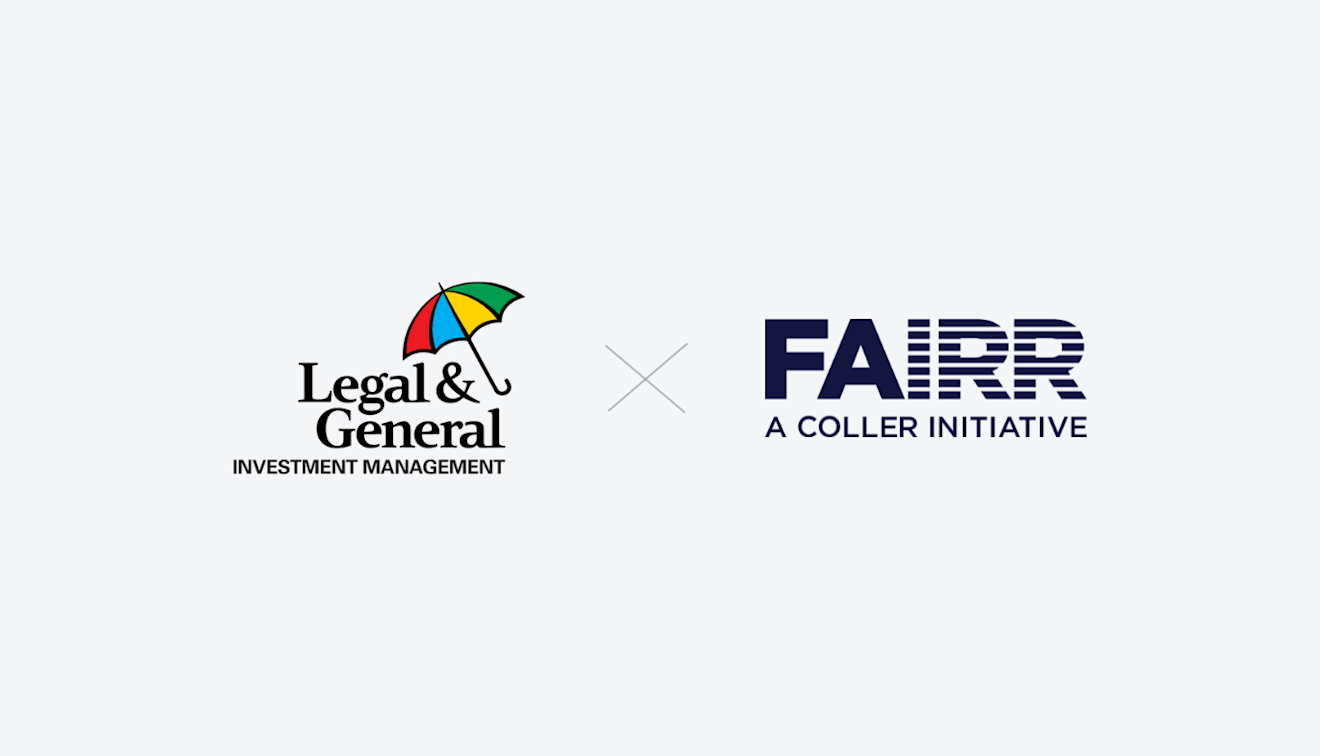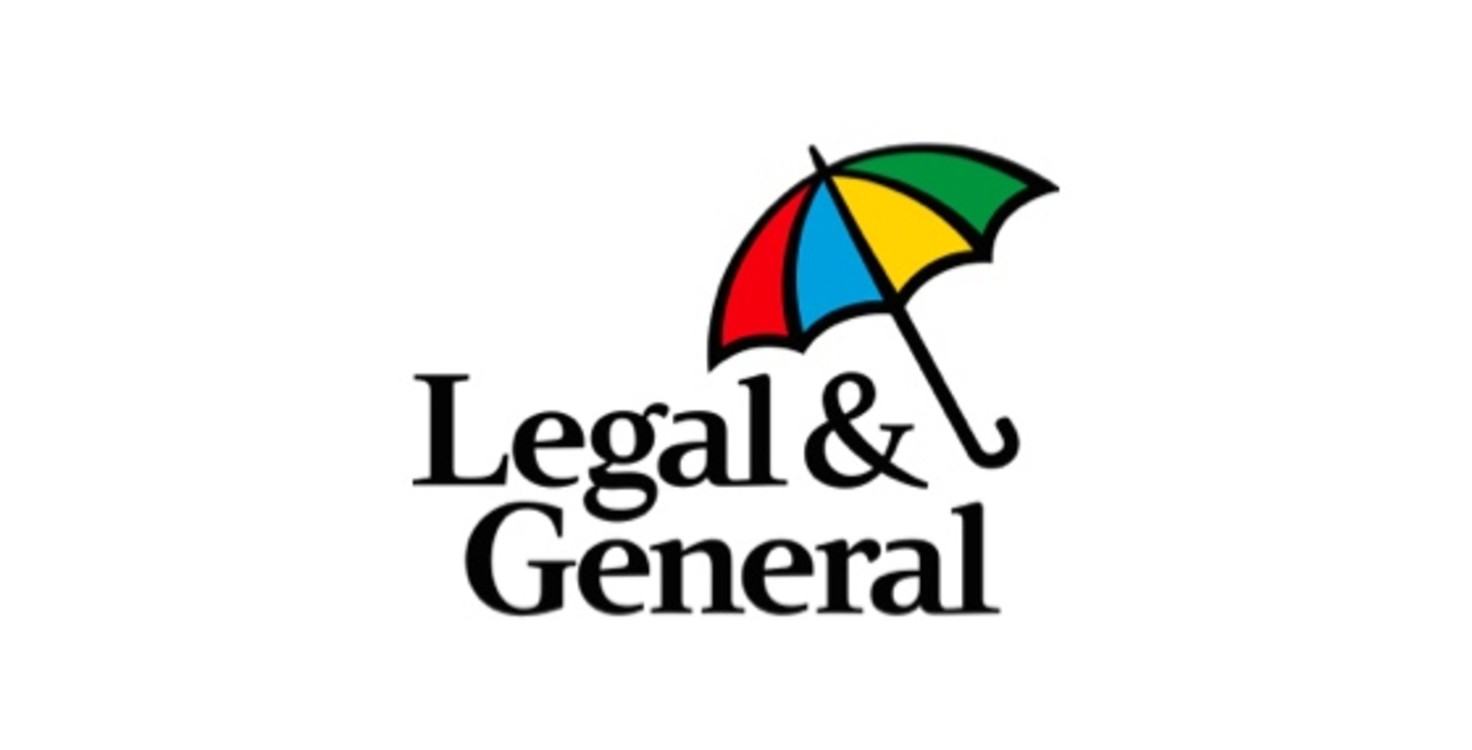Introduction
Legal & General Investment Management became a member of the FAIRR investor network in July 2019. This case study details Legal & General Investment Management’s stewardship activities with FAIRR’s policy workstream. Insights for this case study were provided by Alexander Burr, ESG Policy Lead, at Legal & General Investment Management.

As an investor, why have you decided to be a leader in macro-stewardship approaches? Why is it essential to bring the investor voice to multilateral policy discussions?
LGIM is a long-term investor with global coverage and, as such, has a responsibility to ensure that global markets operate efficiently to protect the market's integrity while also addressing systemic risks. Systemic risks that cannot be addressed solely at a company level require policy engagement to mitigate them, foster sustainable economic growth and protect the long-term value of our clients’ assets. LGIM acts on these responsibilities by engaging in global policy dialogue, helping identify such risks at an early stage and providing practical advice to policymakers and regulators on the transformative steps they can take to accelerate progress on global sustainability challenges.
LGIM’s macro-stewardship approach aims to create positive change by supporting the design, implementation, and monitoring of effective and coherent policy, including the regulations that govern society, the environment, and sustainable finance. As universal owners, we recognize that we don’t operate in a vacuum and need to work closely with others to mobilize capital and expertise to tackle complex risks and help our clients achieve their long-term goals.
You can do a lot on your own as a prominent institutional investor, but what benefits have you experienced by being part of the FAIRR investor network to advance your policy work?
While LGIM is the largest UK asset manager and engages on policy individually, working collaboratively is an integral part of our approach, especially when tackling global risks and challenges. FAIRR provides a forum for investors from different markets to collaborate, raising awareness and recognition of risks among policymakers and elevating the role that institutional investors can play in tackling some of the key systemic risks. Some of the risks associated with the global food system are the most difficult to shift policy on, and FAIRR has demonstrated a willingness to tackle some of these very complex issues. For example, FAIRR convenes like-minded investors who advocate for more coherent policy and regulation in different areas of the food sector. Such a collective approach has been impactful in influencing policymakers and advancing policy objectives. We greatly value FAIRR's work and leadership on key areas that align with our strategic themes of Climate, Nature and Health.
How has the FAIRR Policy team added value to your macro-stewardship approach? Can you give a few examples of your involvement on the Food and Agriculture (FAO) Roadmap for the Food Sector?
The FAIRR policy team dedicated a significant amount of time and expertise to organize an investor statement calling upon the FAO to develop a Global Roadmap to 2050 for Food and Agriculture. The resulting commitment from the FAO to develop this roadmap is an excellent example of how investors can positively influence international policy and create systemic change. LGIM has collaborated with FAIRR on research, articles, and stakeholder engagement throughout the process before the launch of this roadmap and continues its involvement for the next iterations of the FAO Global Roadmap to 2050.
The LGIM team valued its participation in the recent FAO high-level retreat as it provided a fantastic opportunity to connect and engage with policymakers involved in food policy, to explain to them investors’ priorities and how such a roadmap can help us plan and allocate capital towards building a more sustainable global food system. We believe that bringing a nuanced investor voice to policy discussions is essential to finding fit-for-purpose solutions.
Subsidy reform has been another key piece of joint work with FAIRR. Why is the collective investor voice so relevant to that issue?
As evidenced by multiple scientific studies and the latest UN Report, agricultural subsidies have become price-distorting and environmentally and socially harmful. Therefore, we believe that agricultural support needs to be reformed to align with net zero greenhouse gas emissions commitments by 2050 alongside meeting the recent Kunming-Montreal global biodiversity and nature goals. However, agricultural subsidies are a political and challenging topic and need a unified approach from investors and policymakers. The FAIRR G20 Agricultural Subsidies investor statement, which LGIM supported, provided the forum for a collective investor voice to raise the issue of subsidies as a market failure that requires policy change. That was an essential first step for investors to engage with finance ministers on that issue. Additionally, that statement, representing a collective investor voice, highlighted to investee companies in the food sector that their shareholders are paying attention to the issue of subsidies.
This report is provided for informational purposes only and is not intended to be, and should not be construed as, an offer, solicitation or recommendation with respect to any transaction and should not be treated as legal advice, investment advice or tax advice. Recipients should not rely upon this information as a substitute for obtaining specific legal or tax advice from their own professional legal or tax advisors. References to specific securities and their issuers are for illustrative purposes only and are not intended and should not be interpreted as recommendations to purchase or sell such securities. Indices and trademarks are the property of their respective owners. Information is subject to change based on market or other conditions.











